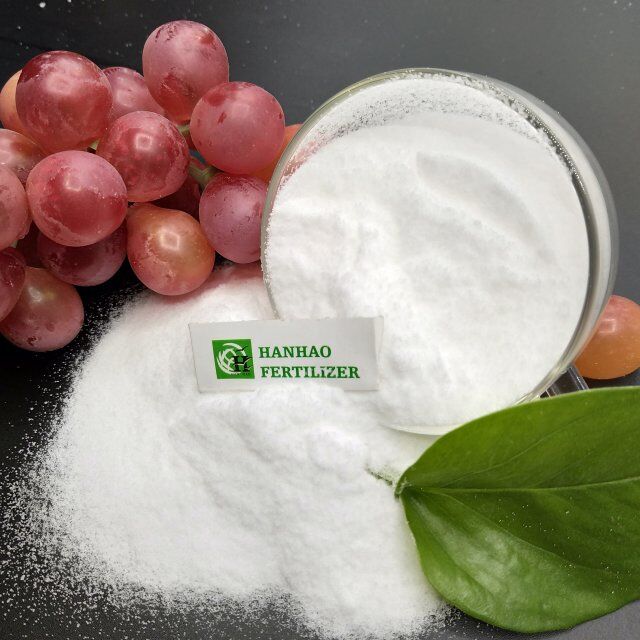
Авг . 06, 2024 15:41 Back to list
Exploring the Production and Impact of 21-14-7 Fertilizer in Agricultural Practices
Understanding the 21-14-7 Fertilizer Ratio and Its Importance in Agriculture
In the world of agriculture, fertilizers play a crucial role in enhancing crop yields and ensuring food security. Among the various types of fertilizers available, the 21-14-7 formulation stands out due to its balanced nutritional profile. This article explores the significance of this specific fertilizer ratio, its components, and how it benefits various crops.
The numbers in the 21-14-7 fertilizer ratio represent the percentage by weight of three essential nutrients nitrogen (N), phosphorus (P), and potassium (K). In this case, the fertilizer contains 21% nitrogen, 14% phosphorus, and 7% potassium. Each of these nutrients has a unique role in plant growth and development.
Understanding the 21-14-7 Fertilizer Ratio and Its Importance in Agriculture
Phosphorus (14%) supports root development, flowering, and fruiting. It is critical for energy transfer and storage in plants, as it is a key component of ATP (adenosine triphosphate), which drives many biochemical processes. Adequate phosphorus levels not only enhance root establishment but also improve flowering and seed set, translating to better yields in crops like soybeans and sunflowers.
21-14-7 fertilizer factories

Potassium (7%) plays a vital role in overall plant health. It regulates various physiological processes, including water uptake, enzyme activation, and photosynthesis. Potassium enhances drought resistance and disease tolerance, making it essential for crops grown in varying conditions. Its presence in a balanced fertilizer like the 21-14-7 formulation ensures that plants can build strong cell walls and withstand environmental stressors.
The 21-14-7 fertilizer is particularly beneficial for crops that require a rapid boost in growth during the early stages of development. Its high nitrogen content makes it ideal for establishing healthy plants quickly. This type of fertilizer is commonly used in agricultural practices, especially in the cultivation of field crops, vegetables, and ornamental plants.
When applying fertilizers, it is crucial to consider soil health and nutrient requirements specific to the crops being cultivated. Soil tests can provide valuable information on existing nutrient levels and help farmers make informed decisions regarding fertilizer application. The timing and method of application also play a significant role in maximizing nutrient uptake and minimizing losses.
One of the primary advantages of using a balanced fertilizer like 21-14-7 is that it simplifies the fertilization process. Farmers can apply one product to meet multiple nutrient needs, reducing labor and ensuring that crops receive a well-rounded nutrient profile. This not only enhances plant growth but also contributes to the sustainable management of resources in agriculture.
In conclusion, the 21-14-7 fertilizer ratio offers a well-balanced supply of nitrogen, phosphorus, and potassium, essential for optimal crop growth and health. Understanding the role of each nutrient and how they interact in the soil-plant system is critical for farmers striving to achieve high yields and sustainable agricultural practices. By wisely utilizing this formulation, we can support healthy crops and contribute to food security while safeguarding the environment.
-
Premium 8 12 16 Fertilizer – High-Efficiency Compound & Granular NPK Supplier
NewsJun.10,2025
-
High Quality Agricultural Grade NPK Fertilizer Manufacturer & Supplier Reliable Factory Price
NewsJun.10,2025
-
Organic Fertilizer for Corn Boost Yield Sustainably
NewsJun.10,2025
-
Organic Fertilizer for New Plants Natural Growth Boost & Eco Nutrients
NewsJun.10,2025
-
Optimized Hydroponic NPK Fertilizer – Fast Growth & Nutrients
NewsJun.09,2025
-
Top-Rated NPK Fertilizer for Fruit Trees - Boost Growth & Yield
NewsJun.09,2025
